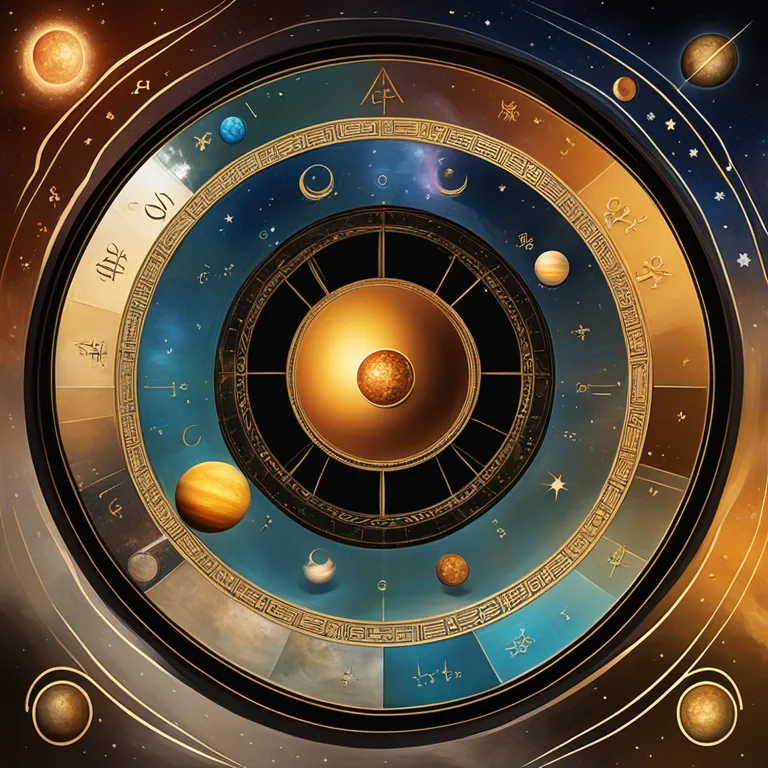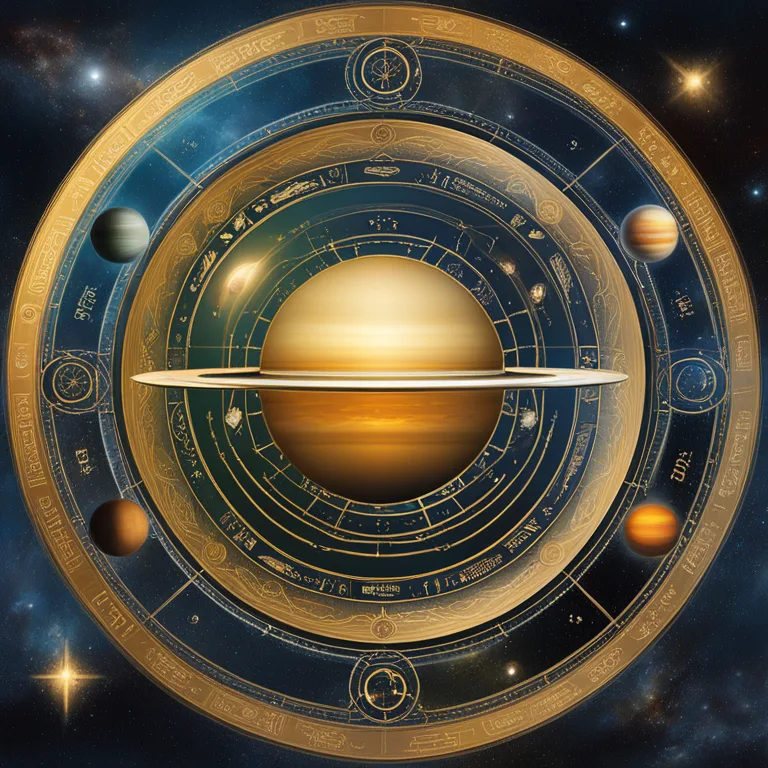
Can Astrology Predict Lifespan?
A critical look into the potential of astrology to forecast longevity and its role in understanding life's timeline.
article by Priya Deshmukh
Astrological Methods and Lifespan
The enigmatic world of astrology has long fascinated individuals with its ability to provide insights into personality, destiny, and life events. The question of whether astrology can predict life span is complex. Astrological traditions, from Vedic to Western, have various techniques for assessing life expectancy. In Vedic astrology, for example, practitioners examine the Marka (death-inflicting) planets and consider them in relation to the house of longevity. Western astrologers might scrutinize the 8th house, associated with death and transformation. However, these methods are symbolic and are not scientifically validated as reliable indicators of life span.

Planetary Transits and Their Impact
In contemporary times, astrologers may look at significant planetary transits to surmise pivotal life events that could correlate with health and vitality. Major transits, such as Saturn's return that occurs approximately every 29.5 years, often signifies a time of maturation, restructuring, and sometimes health challenges. Looking ahead to 2024, Saturn will be entering Pisces, a transition that may encourage a collective reflection on healing and well-being. Still, predicting the exact life span of an individual is beyond the capability of such general transit interpretations.

The Ethical Dimensions
Ethically, predicting someone's life span is a sensitive territory. Most responsible astrologers avoid this practice due to the psychological impact it can have on a person's mindset and life choices. Instead, astrologers prefer to use astrological insights to guide individuals in making healthier choices and understanding potential life cycles, rather than as a means to determine the length of one's life with finality.

The Science & Skepticism
Science remains skeptical of astrology's ability to predict concrete outcomes such as the duration of an individual’s life. A lack of empirical evidence to support astrology’s predictive accuracy means that astrologers’ assertions about life expectancy are often taken with a grain of salt. The scientific community generally regards astrology as a pseudoscience, primarily because its methodologies do not adhere to scientific protocols and cannot be validated through reproducible results.

The Role of Astrology in Modern Times
While astrology may not be a tool to predict life span accurately, it continues to serve as a reflective aid for personal growth and self-understanding. As we move into 2024 and beyond, the cosmic dance continues, with Jupiter's transit through Taurus potentially bringing a collective focus on sustainability and the value of life's simple pleasures. Astrology, at best, encourages mindfulness of life’s cycles, embracing change and self-awareness through the symbolism of planetary movements.
Conclusion
In summary, astrology offers a unique perspective on life's journey, providing symbolic signposts rather than definitive answers about life span. The future of astrology, as it has always been, is intertwined with the stories we tell ourselves and the meanings we derive from the stars. As astrologers cast their charts for 2024, consideration of ethical practices and the boundaries of their art will be as important as the insights they aim to provide.
Published: 12/29/2023
Modified: 1/3/2024
More predictions
Come back here soon to learn more about yourself and your future


Astrological Sign Compatibility: Celestial Love Matches
Delve into the cosmic connections between astrology signs and discover the potential for love, friendship, and understanding in the celestial realm.


The Influence of The Moon Sign in Astrology
Discover the role and impact of your Moon Sign in astrology, offering insights into your emotional inner world and intuition.


Astrology Love Match: Star Sign Compatibility
Discover the dynamics of love and relationships through astrology love matches. Learn how your star sign influences compatibility with potential life partners.